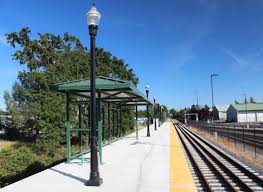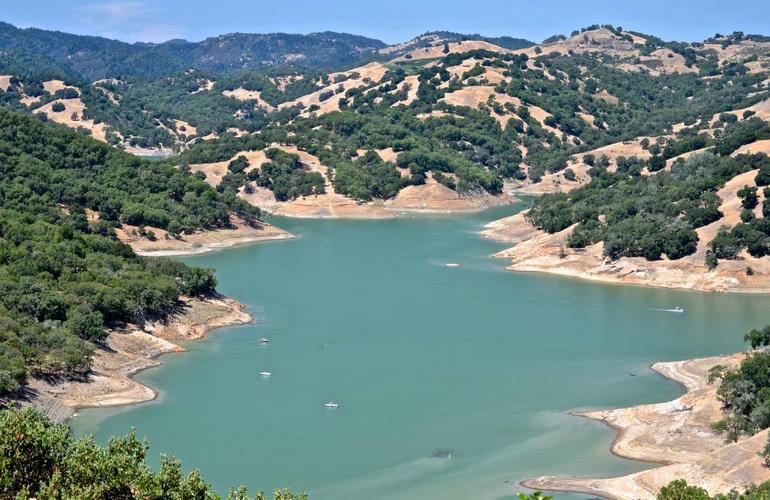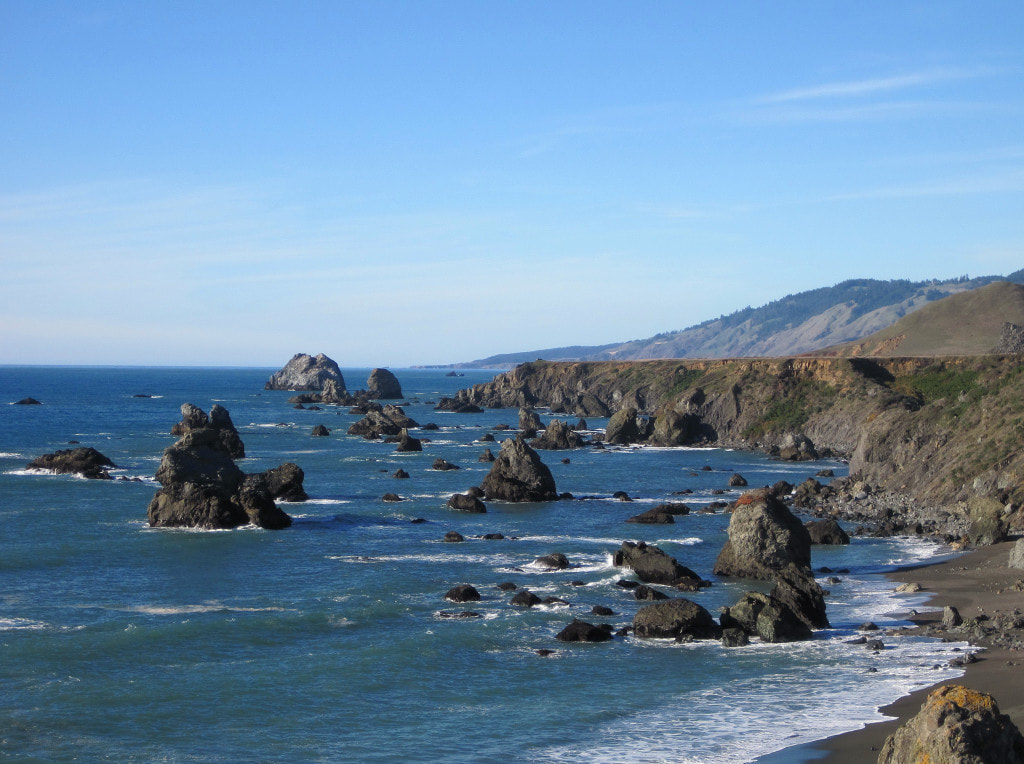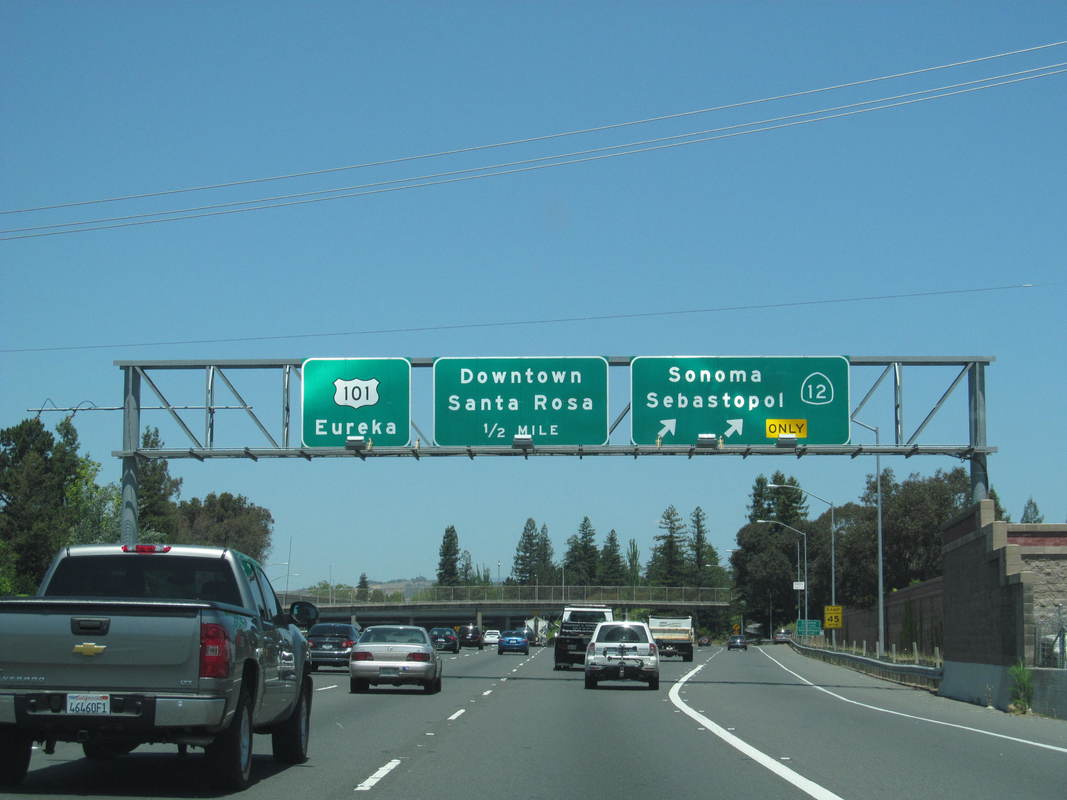|
In spite of what you may think, or what an over-zealous officer tries to tell you, it is not a crime in California to merely be drink in public. Instead, in addition to being under the influence, in order to be found guilty of the crime under Penal Code 647(f) you need to either be “unable to exercise care for [your] own safety or the safety of others” or “interfere[] with or obstruct[] or prevent[] the free use of any street, sidewalk, or other public way.” While the first of these options is pretty self-explanatory, people sometimes grapple with the breadth of the second option. If you are staggering down the sidewalk, impeding other’s ability to use that same street without having to dodge around you, you’re or preventing the free use of the sidewalk. If you’re angrily yelling at passersby, you’re interfering with the free use of the sidewalk. And, of course, if you’re passed out, on that same sidewalk, you’re obstructing the free use of the sidewalk.
So if you’re charged with a violation of PC 647(f), what are your defenses? The most obvious two defenses are either that you were not in a public place, or not intoxicated. But keep in mind that “intoxicated” includes being “under the influence of intoxicating liquor, any drug, controlled substance, toluene.” Further, “public place” doesn’t only include sidewalks, streets, and public parks, but rather anywhere that is “open to common, or general use, participation, enjoyment.” This includes (1) restaurants, supermarkets, and bars, (2) being in a car parked on a public street, (3) in a common hallway in an apartment building, and (4) in the area in front of someone else's house, including the driveway, front lawn and front porch.[1] And it's important to note that it doesn't matter if any other members of the public are actually in the supposedly public place...or even if they are likely to go there. All that matters is that the place actually be open to the public. That said, you also might have a defense if you were not willfully under the influence, or the police violated your constitutional rights as part of their investigation. So how do you know whether you are “unable to exercise care for your own safety or the safety of others?” Generally, law enforcement looks to see if you are so drunk that you are making decisions that could lead you to hurting yourself or those around you. When deciding to fight a PC 647(f) charge, it’s important to keep in mind that it is a misdemeanor, a type of crime more serious than an infraction, but not as serious as a felony. If convicted, you could be looking at six months in custody and a $1000 fine. And while you might want to chalk a conviction up to being a “youthful indiscretion” it is the type of conviction that will show up if an employer or a state licensing agency does a background check. If you've been charges with being Drunk In Public, a qualified lawyer can help you defendant against the charges. __________ [1] "Private," non-public-places include private residences and other outbuilding located in a person's yard. |
AuthorDevina strives to make information relevant to the lives of her clients easily accessible. Archives
July 2024
Categories
All
|
Proudly serving Sonoma, Marin, Napa, Mendocino and Lake Counties (and occasionally venturing as far as Yolo, Santa Clara and San Mateo Counties).
Proudly powered by Weebly
This website is for informational purposes only and does not provide legal advice. Do not act or refrain from acting based on anything you read on this site. Using this site or communicating with the Law Office of Devina Douglas through this site does not form an attorney/client relationship. This site is legal advertising. Please review the full disclaimer for more information. (LINK TO FULL DISCLAIMER PAGE)

 RSS Feed
RSS Feed




